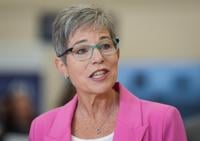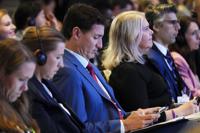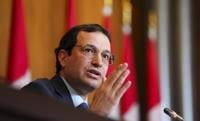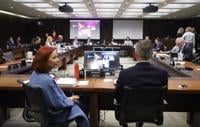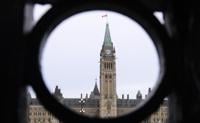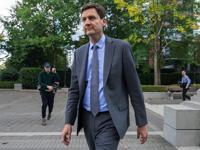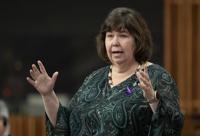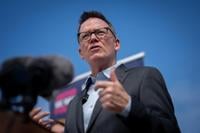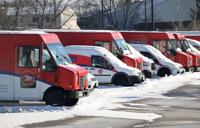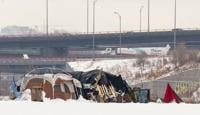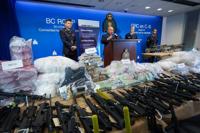OTTAWA - The commander of the ºÚÁϳԹÏÍø Armed Forces Space Division says gaining awareness of what's going on outside our planet is one of his top priorities.
Brig.-Gen. Michael Adamson made the comments in front of the House of Commons national defence committee, which is studying the military's role in defending space for the first time.
Far from sending uniformed soldiers into orbit, the space division is working to protect critical infrastructure here on Earth.
Adamson said the military is dependent on space.
"Everything we do, whether it's aircraft or ships or tanks or a soldier walking through the woods, relies on some kind of space-enabled capability," he said.
The space division is less than two years old, established in July 2022 as a standalone team within the Royal ºÚÁϳԹÏÍø Air Force.
It "has been focused on increasing what I have dubbed the space-mindedness within the (Armed Forces)," Adamson said.
Adversaries would like to deny Canada and its allies the ability to operate in space, Adamson said, something that would have wide-ranging impacts on everyday life for ºÚÁϳԹÏÍøs who use GPS or satellite communications.
With space launches becoming easier and cheaper, private companies and countries like China are sending more and more satellites into orbit.
But Canada has very little information about what those satellites are doing.
While Norad monitors launches toward space and re-entries, it lacks the ability to keep an eye on things happening outside the atmosphere.
"Watching objects in space is absolutely a U.S. Space Command responsibility," said Lt.-Gen Blaise Frawley, the deputy commander of Norad, who testified alongside Adamson.
There are no space launch sites in Canada, and Adamson said the military must be able to work with the private sector to grow the country's capabilities.
"We absolutely would love to collaborate more with industry ... but that requires us to be able to have frank and, at times, classified discussions with our industry partners," he said.
Frawley said that type of work requires companies to get at least some members of their team security clearance, something that is happening in the United States.
A new ºÚÁϳԹÏÍø "integration cell" is aimed at facilitating such conversations and keeping them separate from procurement projects.
Space was included in Canada's official defence policy for the first time in 2017.
In the updated policy, which was released earlier this month, space is mostly talked about in the context of China and Russia's efforts to develop new capabilities.
This report by ºÚÁϳԹÏÍø was first published April 29, 2024.




